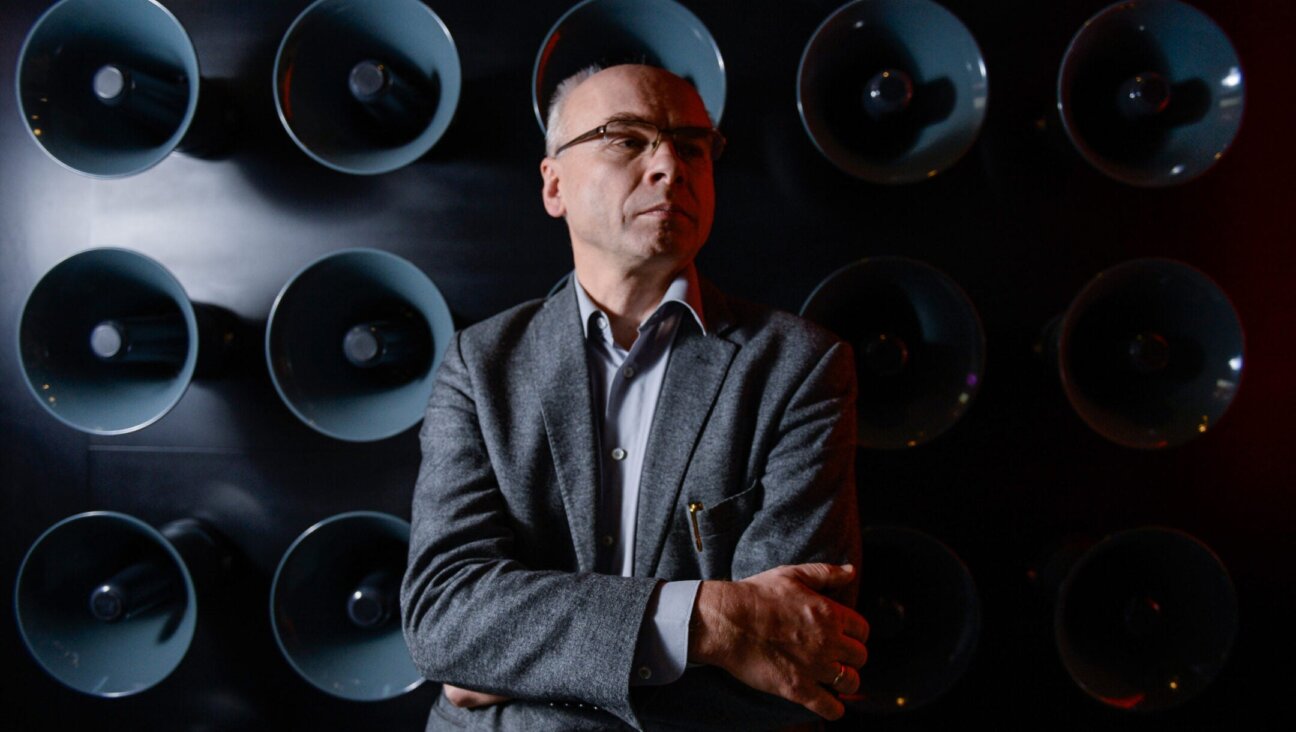I Believe
As it is said, in Genesis 28:16: “And Jacob awaked out of his sleep, and he said: ‘Surely the Lord is in this place; and I knew it not.’” I am a Jew. A matrilineal, patrilineal, Temple-going, nonpraying, kosher-keeping, nonfasting, Sephardic, Ashkenazic, Ladino-Yiddish-Spanish-English-speaking skeptical, superstitious, terrified, brazen, monotheistic, mezuza-kissing, idol-worshipping Jew.
I alternate between humbly and half-heartedly aspiring to be a believer. Sometimes I think I have it backward in that I observe with the hope of acquiring faith. A man who survived the Holocaust as a child once told me that he was not observant but he was a believer. He explained that he had no choice but to believe, because he was not meant to live through so many seasons of joy.
I believe in prayer, but I do it the wrong way. While everyone around me is engrossed in the prayer book, I’m looking for something — inspiration, grace, the time. Maybe I’m like Jacob only first realizing that the Lord is in this place.
I believe in fairytales more than in prayer, which is why I said the Mourner’s Kaddish for as long as I did. After my year of mourning, I grappled with my understanding and experience of the Mourner’s Kaddish. I believe I will have to live with the mystery of prayer in general, and Kaddish in particular, for the rest of my life.
When my father died, I intended to say Kaddish for only 30 days. But I kept going, because I wasn’t ready to stop mourning him. I loved the lore and fantasy associated with Kaddish. I also knew that God was somewhere nearby and yet I could not discern His presence.
For so many years, I stood by helplessly as my father got sicker and sicker. Now Dad and I had a whole 11 months together in which the laws of gravity were suspended and he would ascend to heaven on the breath of my Kaddish.
I believe that we go from dust to dust. For me, the tension between the physical reality of death and the ultimate fairytale of Kaddish is like the tension between keva and kavana — fixed and spontaneous prayer. It symbolizes our struggle to talk to God. We carefully tiptoe from one to the other, mindful of the tenuous balance between life and death, the smooth surface of eternal life and the jagged dry bones of resurrection. The prophet Ezekiel’s image makes me think that going from dry bones to resurrection is the very marrow of belief.
I believe that the dead will rise. The second blessing of the Amidah — the standing prayer that is recited morning, noon and night — is about literally opening up graves and bringing the people we love back to life. A woman asked my rabbi in what state will we see our loved ones. It was a brave question. “As you want to remember them,” was the rabbi’s answer.
I believe that the dead will shed years and sickness like snakes shed their skins. They will rise from the grave as the people we fully loved. When my dad was in a nursing home, I saw the resurrection of the dead in my mind’s eye. I developed the ability to peel away time, and saw the residents as they looked in the prime of their lives. I saw Dad step out of his aquamarine Chevy Malibu wearing two-toned golf shoes and a Panama hat. God was in that place in 1965, and I did not know it. I believe that we never stop grieving for the people we love.
I believe that there is nothing more whole than a broken heart.
I believe in intergenerational relationships even if the other person is dead.
K. Harold Bolton was my Dad. He was not a religious man, but he was a reverent one. For that alone I believe he didn’t need my help in making it to heaven, but he was glad to have it anyway.
I believe that memory is inevitably imperfect and in its imperfection it is achingly exquisite and life affirming.
I believe that the truth is more important than the facts.
I believe that our lives are an allegory.
I believe that God’s fate is in our hands.
The year that I said Kaddish, I desperately wanted God to pierce through my veil of grief even if only for the briefest of moments. I wanted to know empirically that God was in that place and time with me.
I believe the psalmist who says that we should be still and know God.
I believe that silence is God’s first language.
I believe that hearing the language of God for a split second separates life into before-and-after moments. I believe I heard God’s language when I fell in love with my husband. I heard it again when the heads of my children crowned inside of me.
I believe that God has been in many of the same places in which I have been. Yet still I am unsure.
Judy Bolton-Fasman is at work on a memoir and writes a weekly column for The Jewish Advocate in Boston, Mass.
















